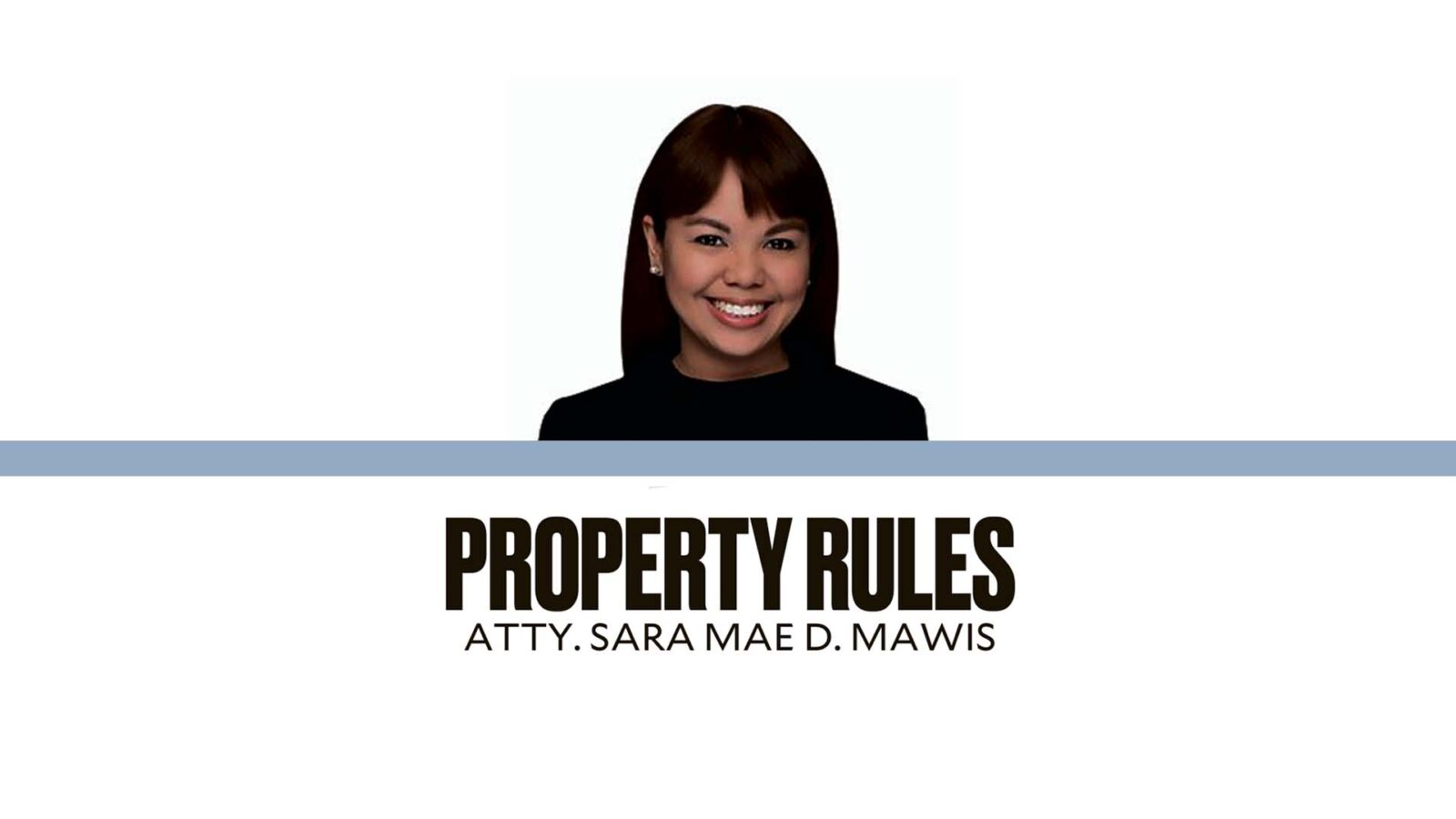Can stockholders be held liable to pay their firm’s unpaid rent?

Corporations are created by people, acting through their governments,” said United States House of Representatives member Jim McGovern. “We grant them corporate charters that confer certain legal rights and privileges, like the ability to enter into contracts, limited liability, and perpetual life.”
One of these contracts usually covers how a corporation should pay rent over, among others, a part of, or an entire, building.
Should it fail to pay this rent, whether its stockholders may be otherwise held liable for it has been addressed by the Supreme Court in Enano-Bote, et al. v. Alvarez, et al.
In this case, respondents Subic Bay Metropolitan Authority (SBMA) and Centennial Air, Inc. (CAIR) executed an agreement for the latter’s lease of a building at the premises of the Subic Bay International Airport for a five-year period. Besides paying the rent, CAIR was required to remit a monthly amount for using facilities necessary for its operations.
CAIR was constantly remiss in paying these obligations, even under a subsequent payment scheme, prompting SBMA to reiterate its demand to fully settle these debts, terminate the lease agreement, and for CAIR to vacate the leased premises.
Eventually, SBMA filed a complaint before the Regional Trial Court (RTC) against CAIR and its supposed stockholders for the payment of the same debts and damages.
The alleged stockholders counter-argued that they no longer acted in these capacities since they had assigned their subscribed shares to a third party under a deed of assignment.
The RTC and upon appeal, the Court of Appeals ruled in favor of SBMA, finding, among others, CAIR and the said stockholders liable to pay the outstanding debt and damages. These incidents constrained the said stockholders to file the instant appeal before the Supreme Court.
On appeal, the Court of Appeals reversed the RTC’s decision. It declared that: (a) the branch manager could not orally amend the mortgage contract between PCRBI and Spouses Cortel and Maglasang; and (b) the spouses should comply with the contractual provision requiring the full settlement of all loans before the release of any of the mortgages.
The Supreme Court partly granted this appeal by declaring CAIR to be solely liable to pay SBMA the awarded amount. In so doing, it reaffirmed the long-standing trust fund doctrine, such that a corporation’s creditors may satisfy their claims from paid, subscribed shares consisting its capital. Meanwhile, an action upon a stockholder’s unpaid, subscribed shares of stock may be pursued to pay these claims.
These claims may be further satisfied from a corporation’s property and other assets generally regarded as a trust fund for the payment of corporate debts.
The trust fund doctrine may only be invoked when the debtor corporation is insolvent without having first paid its creditors, or when its directors have defrauded its creditors by authorizing the purchases of the stockholders’ capital stock, and purchased and distributed dividends to the stockholders.
Thus, these creditors cannot immediately proceed to compel the stockholders’ payment of their unpaid stock subscriptions unless they have adequately shown its insolvency, dissolution, or its actions intended to defraud them. This is because a corporation’s capital stock is held in trust to be managed during its corporate life for the stockholders’ benefit. It then becomes a trust fund for the benefit of this corporation’s creditors upon its insolvency or dissolution.
SBMA failed to justify its resort to the trust fund doctrine in this case.
To be sure, it failed to allege and prove that CAIR was insolvent or that it had been previously dissolved. It also did not specify any action carried out by CAIR’s directors intended to defraud SBMA.
Instead, it merely focused on CAIR’s failure to settle the rent and other fees under the lease agreement, and impleaded the stockholders to the extent of their unpaid, subscribed shares.
Thus, CAIR’s supposed stockholders should not be held liable to pay the unpaid rent as alleged by SBMA.



















